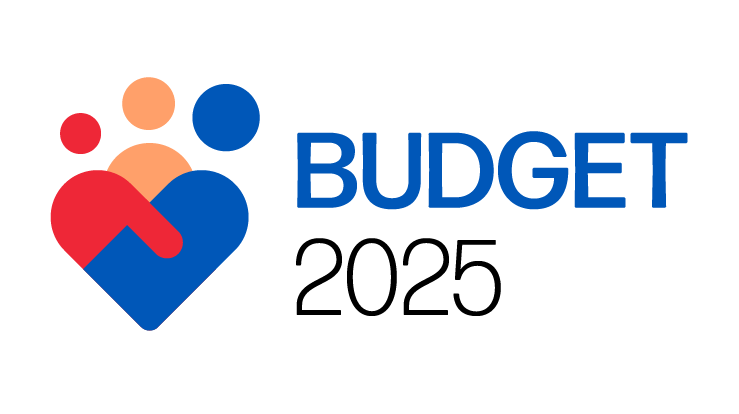Overseas Job Offers in SEA: Red Flags & Hidden Traps Nobody Tells You
The allure of overseas job opportunities in Southeast Asia (SEA) is undeniable. Many young professionals and seasoned workers alike are drawn to the promise of adventure, career advancement, and the chance to experience diverse cultures.
However, beneath this attractive surface lies a world filled with potential pitfalls and scams that can turn dreams into nightmares.
This article aims to equip job seekers with the knowledge to identify red flags and hidden traps in overseas job offers within SEA, ensuring a safer and more successful job search experience.

The Appeal of Working in SEA
Southeast Asia is increasingly becoming a hotspot for job seekers for several compelling reasons:
-
Career Opportunities: The region boasts a rapidly growing economy, particularly in countries like Vietnam, Indonesia, and the Philippines.
These countries are expected to see GDP growth rates between 5% to 7% in 2025 due to strong consumer demand and foreign investment.
-
Cultural Experiences: Working abroad offers the chance to immerse oneself in new cultures, languages, and lifestyles. This exposure can enhance personal growth and professional skills.
-
Lower Cost of Living: Many SEA countries offer a lower cost of living compared to Singapore, making them attractive for expatriates looking to stretch their salaries further.
Popular destinations for expats include:
- Vietnam: Known for its booming tech sector.
- Thailand: A hub for tourism and hospitality.
- Malaysia: Offers a mix of cultural diversity and economic stability.
While these factors make SEA appealing, it’s crucial to remain vigilant about potential job scams.
Red Flags in Overseas Job Offers
Recognising red flags in job offers can save you from falling victim to scams. Here are some common indicators:
Unrealistic Salary or Benefits:
- Be cautious of offers that seem too good to be true. Promises of exorbitant salaries or lavish benefits without justification should raise suspicions.
Vague Job Descriptions:
- If the job description lacks specific details about responsibilities or required skills, it may be a scam. Legitimate employers provide clear information about the role.
Requests for Personal Financial Information Early On:
- Never share sensitive information such as bank details or passport numbers before receiving a formal offer or completing an interview process.
Pressure to Accept Quickly:
- Be wary of employers who push you to sign contracts under tight deadlines. Legitimate companies allow time for careful consideration.
Poor Communication or Unprofessionalism:
- Look out for unprofessional email addresses or poor grammar in communications. A lack of clear communication can indicate a scam.
Requests for Upfront Payments:
- Genuine employers do not ask candidates to pay for visa processing or other fees upfront. Be sceptical if you encounter such requests.
Limited Online Presence of the Company:
- If you struggle to find information about the company online, it may not be legitimate. Check for an official website and social media presence.
Use of Generic Email Addresses (e.g., Gmail, Yahoo):
- Professional companies typically use their own domain names for email communication.
Job Offers Received Through Unsolicited Messages:
- Exercise caution with unsolicited job offers received via email or social media. Scammers often use these methods to reach potential victims.
Hidden Traps in SEA Employment
Beyond red flags, there are hidden traps that can complicate your overseas employment experience:
Visa and Work Permit Issues:
- Ensure that your employer provides proper visa sponsorship. Working without authorization can lead to legal troubles.
Cultural Differences and Workplace Norms:
- Be prepared for cultural differences that may affect communication styles and workplace etiquette. Misunderstandings can arise easily.
Accommodation and Living Conditions:
- Verify accommodation details before moving. Misleading information can lead to unexpected costs or unsuitable living conditions.
Contractual Issues:
- Read contracts carefully. Hidden clauses may impose unfavourable terms that could affect your employment status or benefits.
Safety and Security Concerns:
- Research local safety issues before relocating. Understanding the environment will help you take necessary precautions.
Due Diligence Checklist for Overseas Job Offers
To protect yourself during your job search, consider this due diligence checklist:
- Research the Company Thoroughly: Verify the company’s legitimacy through official channels and employee reviews on platforms like LinkedIn.
- Verify the Job Offer: Contact the company directly using official contact details found on their website.
- Review the Contract Carefully: Seek legal advice if necessary before signing any agreements.
- Research Visa and Work Permit Requirements: Familiarise yourself with local regulations regarding work permits and visas.
- Connect with Current or Former Employees: Gain insights from those who have worked at the company to understand its culture and practices.
- Be Wary of Unsolicited Offers: Treat unsolicited job offers with skepticism; they often come with higher risks[6].
Bottom Line
While overseas job opportunities in Southeast Asia can be enticing, it is essential to remain vigilant against potential scams and pitfalls.
By recognising red flags and conducting thorough research, you can navigate your job search more safely.
Prioritise your safety and well-being throughout this process. If you have any doubts or concerns, do not hesitate to seek professional advice. Your career journey should be rewarding—ensure it starts on the right foot!
Let us know what you think about this topic, and what do you want to hear next.
You can now be our community contributor and make a pitch to have your favourite personality be on our show.
Join our community group and drop us your insights on this topic.

-3.png?width=50&name=Square%20(2)-3.png)











Let us know what you think of this post